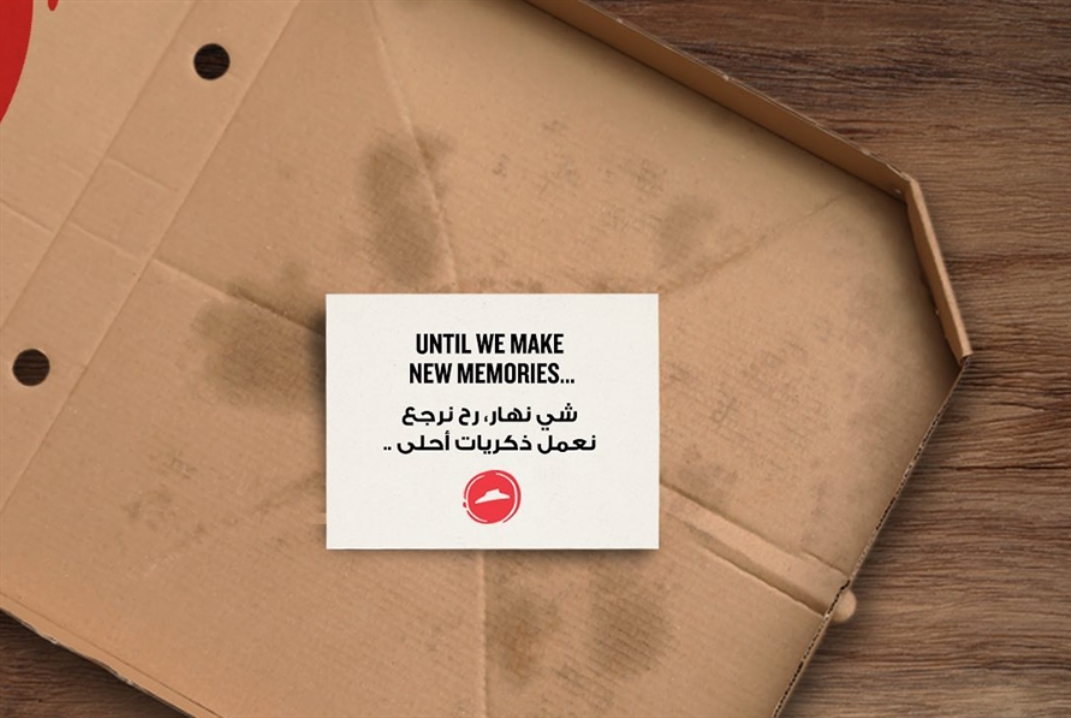The reasons, according to Restaurant Syndicate head Tony Al-Rami, told Al-Akhbar were: poor money and the import of basic materials from abroad, under a legal agreement with major companies, in exchange for insanely high local dollar prices. . Al-Rami noted the attempt to save this sector, which is expected to continue to collapse, through the union-sponsored “tourism dollar” project, “which was met with a lukewarm response.” He lamented the closure of Pizza Hut, saying that “the presence of these brands in Lebanon testifies to the fertility and importance of investing here.”
The above details raise some doubts about the possibility of investing in the local sector to compensate for Pizza Hut’s losses, arguing that “we cannot compete with fast food of the same quality.” According to Restaurant Syndicate, we will not invest in the void left over from the closure of 11 international restaurant branches, and we will not invest in other local restaurants.
The head of the Restaurant Workers Syndicate, Joseph Haddad, agreed in an interview with Al-Akhbar, because he believes that “what is forcing Pizza Hut to close will not allow any local investor to invest.” Haddad points out that “the withdrawal of the dollar from the country in this delicate situation that Lebanon is going through is the most painful for the economy today.” He said that “the crisis of foreign workers has contributed greatly to the closure of Pizza Hut, and in the future it will help close many franchises in Lebanon.”
The head of the Economic and Social Council, Charles Arbid, confirms to Al-Akhbar that “the migration of international brands from the market is a sign of a lack of market competitiveness; These operators prefer to place their investments in other markets because consumption in Lebanon has dropped since the beginning of the crisis.
However, he sees the shift of brands in general and the impact on lifestyle as “positive”, including that it will create competition for the national industry, even if it is not developed, such as the clothing sector, for example, but it could be an incentive to revitalize these industries. ”
franchise boom
In many cases, the number of “franchises” in Lebanon is very high compared to other Arab countries. For example, we have: 39 Starbucks branches in Lebanon, 25 Burger King and the same number of KFCs. For McDonald’s, there are 23 branches, 6 branches of Hardee’s and Second Cup.
If we compare the number of Starbucks branches in Lebanon, Qatar, Kuwait, Saudi Arabia and the UAE, then the former shows a noticeable increase, while in each of the other countries there are 20 branches!
Export Lebanese Label
In the face of these problems, Lebanese are finding a way by exporting Lebanese brands to similar stores (restaurants and cafes) in light of deplorable poverty and economic problems.
Since 2005, the Lebanese market has been exporting Lebanese brands, including: “Flemni” and “Batchig” in Saudi Arabia, “colortek” in India, Turkey, Algeria, “crepaway” and “Nesma” in Iraq, “Grape” in Egypt. , “Umm Sharif” in Syria, “Thyme and Zeit” in Spain and Canada, Fish Meat, “Mariolle”, “Sandwich and Nose”, “King Tauk”…
However, even this small energy of hope is having setbacks as some are permanently closing their brand in Lebanon and going abroad.
Close to 1,700 local restaurants
Since the crisis began in Corona and the Lebanese dollar to date, 1,700 of the 3,500 local restaurants have closed and 33,000 of the 66,000 workers have lost their jobs.
Haddad pointed out that “the Ministry of Labor is directly involved in resolving the situation of laid off workers, but the ministry is in cahoots with the restaurant owners and those who directly manage them, so the worker has no right to it. An employer writes itikaf or false budgets saying he is obligated to lay off employees. And if we go to the Arbitration Board with a complaint after a month, it will take no more than 6 months to make a decision. In some of our cases, it has been 6 years since the complaint was filed, and we still have not received a verdict. ”
